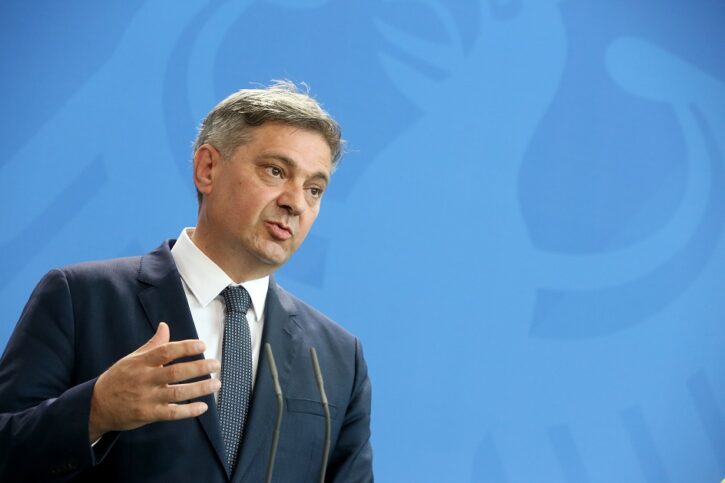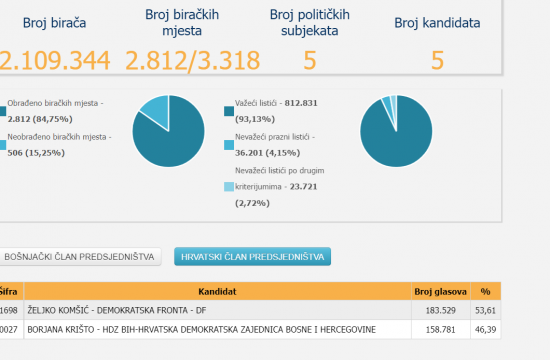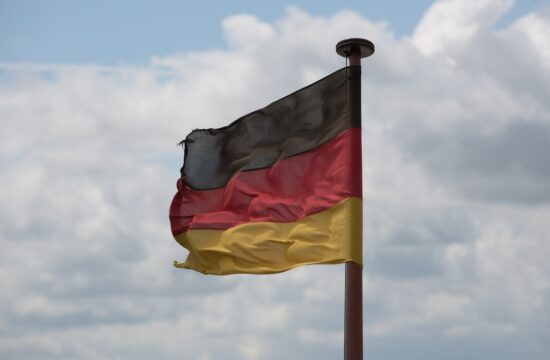
The illusion that Bosnia's Serb-dominated Republika Srpska (RS) entity belongs only to Serbs resulted in total discrimination of Bosniaks, Croats and others in it, through non-compliance and non-implementation of applicable Constitutional and legal norms, Bosnia's prime minister, Denis Zvizdic, wrote in his public statement, on Sunday.
“The unscrupulous, unconstitutional, unlawful and discriminatory actions of the RS’ authorities are best seen in the disrespect of Article 97 of the Constitution of Republika Srpska, according to which ‘proportional representation in public institutions of the RS should correspond to the 1991 census until the complete implementation of Annex 7 of the Dayton Peace Agreement’,” the Council of Ministers’ Chairman, Denis Zvizdic, wrote.
He argued that the 1991 census showed that Bosniaks accounted for 28 percent of the population on the territory which would later be known as the RS. According to him, the RS Interior Ministry would need an additional 23 percent of Bosniaks to fill its ranks properly.
The 1991 census came a year before the 1992-1995 war, which left some 200,000 dead and over half-a-million people displaced. The war ended with the signing of the Dayton Peace Agreement in 1995, which consists of Annex 4 – the Constitution of Bosnia and Herzegovina and Annex 7, which says that all refugees and displaced people must return to their previous place of residence before Bosnia could conclude that its implementation could be considered over.
The head of the Council of Ministers, which is a de facto government of Bosnia and Herzegovina, noted that the RS Interior Ministry now consists of over 93 percent Serb employees, which is 12 percent more Serbs than there were in the 2013 census and over 30 percent more than in the 1991 census in Bosnia.
“The most striking example (of discrimination) is the latest data from the RS Interior Ministry, according to which the number of Bosniak and Croat employees was reduced in the past year, while at the same time increasing the number of Serb employees. According to this data, the total number of employees at the end of 2018, was 7,014, of which 6,541 were Serbs or 93.2 percent – which is 1.7 percent more than in 2017, while simultaneously reducing the number of Bosniak employees from 355 to 350, and Croats from 70 to 68,” the prime minister wrote.
He argued that this is “worrying data pointing to the absolute discrimination of Bosniaks and Croats in the RS,” of which the RS officials, the competent national and international institutions and the international community's Office of the High Representative – in charge of overseeing the civilian implementation of the Dayton Peace Agreement, refuse to speak of.”
“With everything mentioned above, the RS is forming a mono-national auxiliary police unit which experts say is an embryo of anti-Constitutional, para-military forces,” Zvizdic wrote, adding that this is the reason to “wake up and consistently insist on the implementation of the rule of law and international legal standards.”
Accordingly, he added, the situation requires an urgent and clear position of the international community on the matter, and the RS officials should “stop observing the situation in the country through bifocal glasses, respect the rule of law,” and start building the country as a society of peace, stability, justice and equality.




